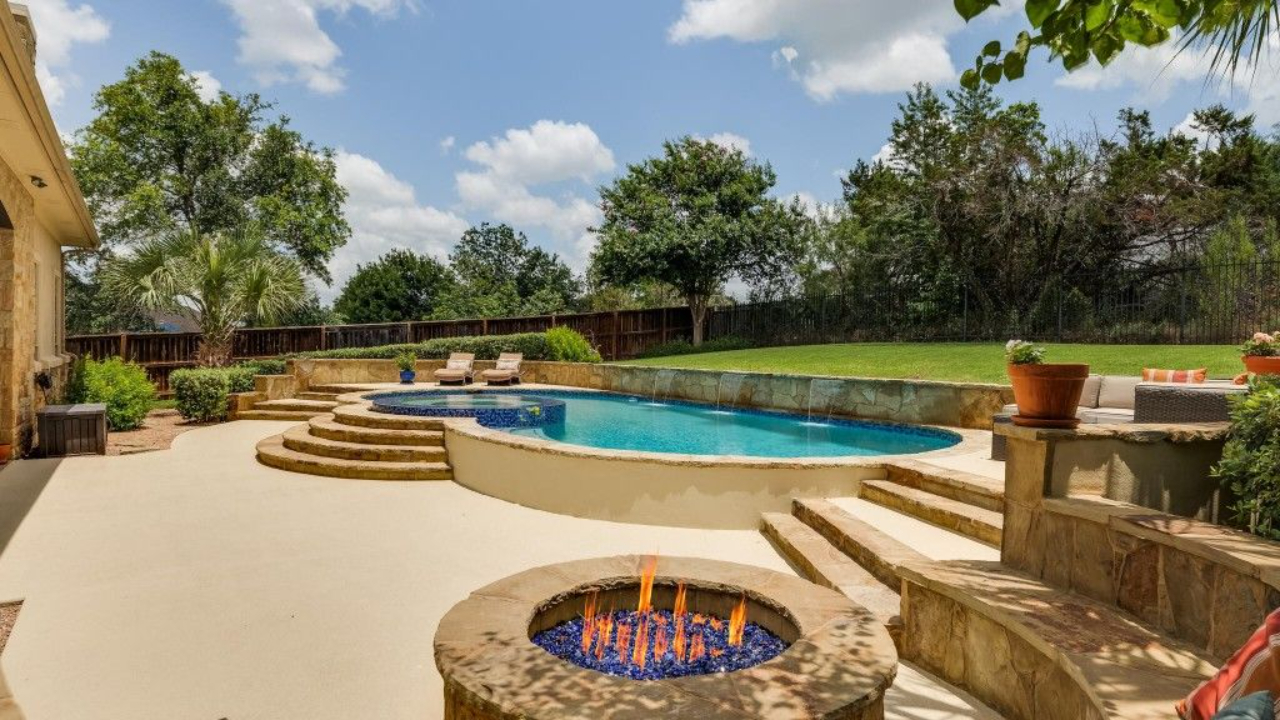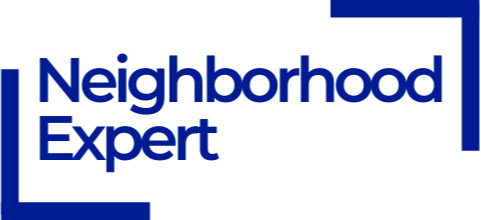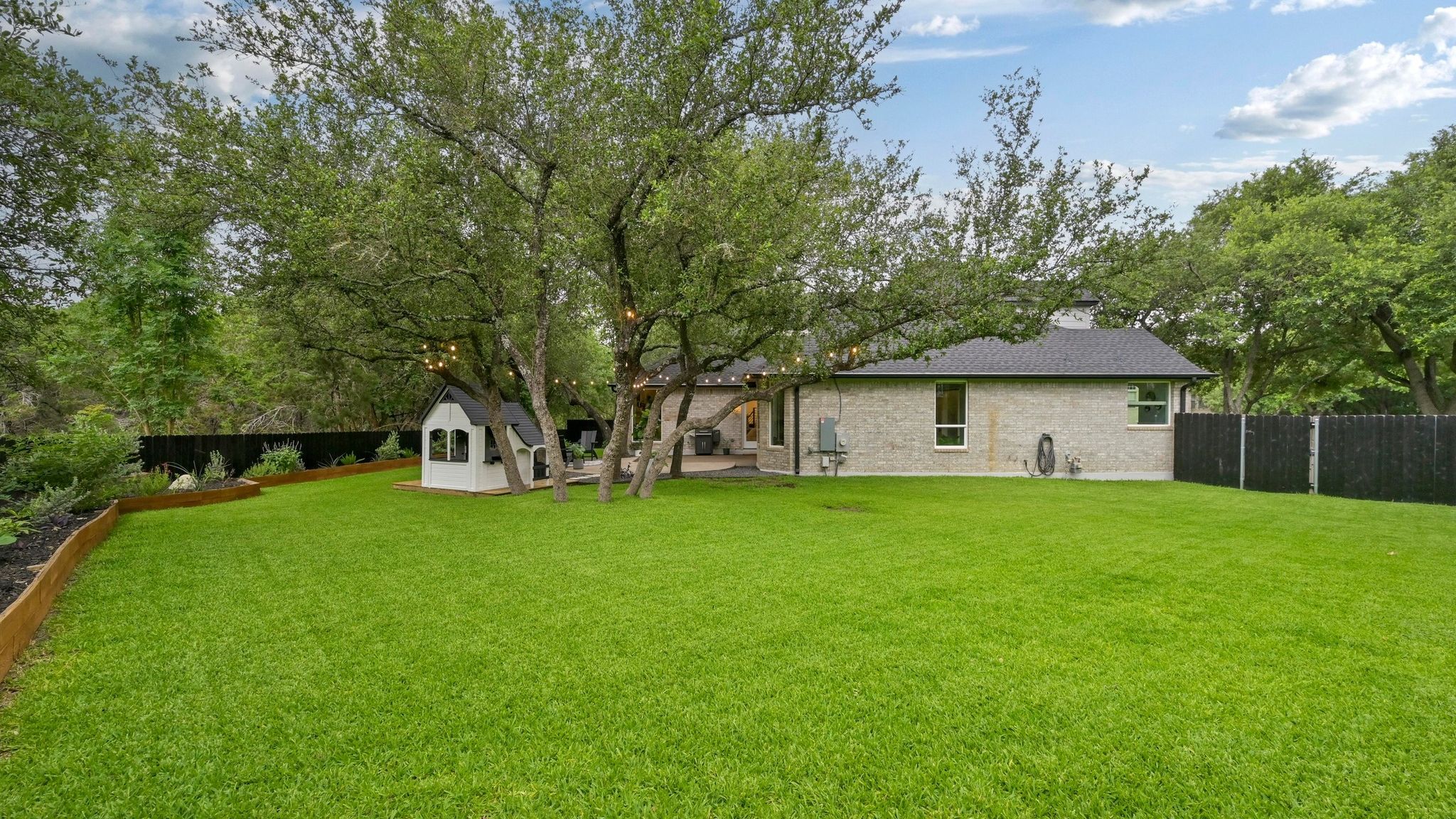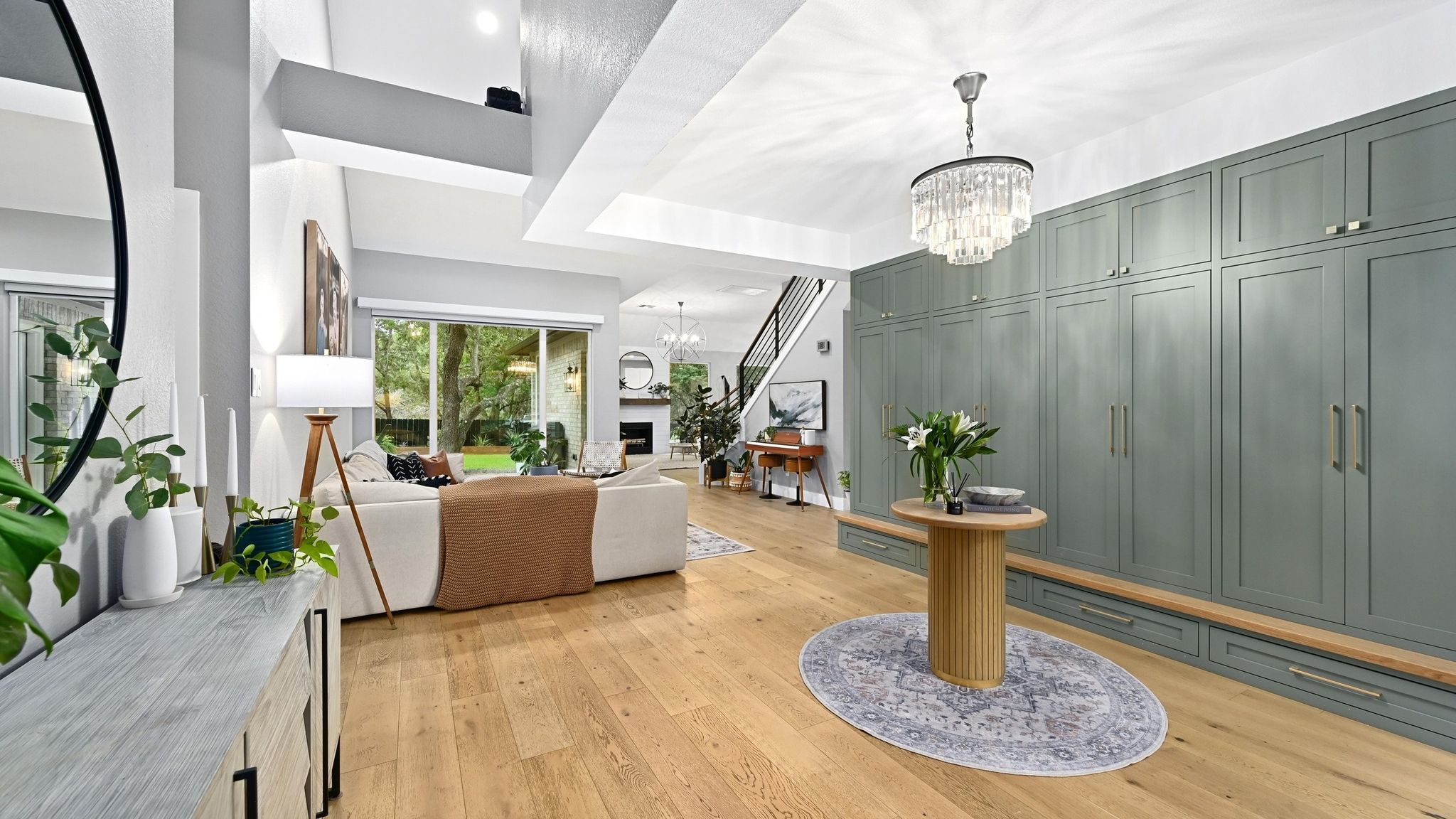Email Campaigns That Actually Get Opens & Responses
Nov 10, 2025
Email Campaigns That Actually Get Opens & Responses
Email isn’t dead. It’s just been misused. Most agents treat it like a newsletter—something they send out once a month to check a box. But the agents consistently getting replies and referrals use email as what it was meant to be: a conversation tool.
Inside the Neighborhood Expert System (NES), email is one of six connected pillars designed to deepen relationships and keep your name familiar between transactions. It’s where your open houses, off-market outreach, and local marketing all come together in one steady rhythm.
If you’ve ever wondered why your emails don’t get opened—or why nobody replies—this guide shows exactly how to fix it.
1. Send Fewer Emails—But Make Them Matter
Most agents overthink email. They try to sound professional and end up sounding robotic. Or they send too much fluff: long market reports, national headlines, or templated designs that scream “mass marketing.”
In 2026, less is more. Send one short, useful email each week. Skip the graphics. Skip the long intros. Just share one specific insight tied to your neighborhood—something that actually matters to your readers.
For example: “The last two homes in [Neighborhood] both sold in under a week. Here’s what buyers are asking for right now.” That’s the kind of email people open, read, and forward to friends.
2. Write Like You Talk
The best-performing real estate emails don’t sound like marketing—they sound like a person writing to another person. Forget phrases like “I wanted to reach out” or “Just checking in.” Instead, write like you would text a neighbor: clear, simple, conversational.
Example: “Hey, just a quick update — we’ve seen a lot more buyers looking for single-story homes in [Neighborhood]. If you’ve been thinking about selling this year, that could matter.”
That tone builds trust. And trust builds replies.
3. Lead With Local Insight, Not Market Noise
Homeowners don’t care about national trends—they care about what’s happening on their street. Every email you send should sound like it came from the neighborhood expert, not a generic brand.
Here’s how to do it inside NES:
- Pull a takeaway from your last open house (like buyer demand or feedback).
- Highlight a home that sold nearby and what made it move quickly.
- Share one piece of buyer intel that could affect local pricing.
Keep it hyperlocal. That’s how your emails stand out in a crowded inbox.
4. Use Subject Lines That Sound Real
Your subject line is the first impression—and most agents waste it on filler. Subject lines like “Your April Market Update” or “Exciting News!” don’t invite a click. Realistic, conversational subject lines do.
Try these instead:
- “Quick update on homes in [Neighborhood]”
- “Buyers are asking about this street again”
- “3 homes sold fast this week — here’s why”
The key is to sound human, not promotional. That’s what gets you opened.
5. Include a Real Reason to Reply
Most agents’ emails end with nothing to respond to. If you want replies, give readers a reason to hit “reply.” Ask something that feels easy and personal, not like a sales pitch.
Example: “If you were thinking about moving this year, would you want to know what buyers are currently paying for homes like yours?”
Or: “I just met a few buyers looking in your section of [Neighborhood]. Want me to keep you posted if something changes?”
These small, natural prompts turn passive readers into active conversations—and that’s what makes email one of the highest ROI pillars inside NES.
6. Connect Email With the Rest of Your Marketing
Email isn’t a separate activity—it’s where everything connects. The best campaigns mirror what’s happening in your open houses, mailers, and social content.
Here’s how to make that work weekly:
- Monday: Host or prep for your open house.
- Wednesday: Post a short video or carousel based on that week’s insight.
- Friday: Send an email summarizing what you saw and what it means for the neighborhood.
Now you’ve taken one real story and turned it into three touchpoints—all reinforcing your expertise. That’s how repetition builds recognition.
7. The Weekly Email Blueprint
Every NES email follows a simple three-part structure:
- Observation: One thing you noticed this week (from an open house, buyer call, or sale).
- Takeaway: What it means for homeowners or buyers in your area.
- Soft CTA: An optional next step that invites a conversation.
Example:
“This week, two homes in [Neighborhood] sold with multiple offers — both under $1M. We’re seeing more buyers trade square footage for location. If you’ve been thinking about selling but unsure what demand looks like, I can show you what’s moving right now.”
Short, specific, and relevant. That’s how you stay top-of-mind without feeling pushy.
Frequently Asked Questions
How often should I email my list?
Once a week. That’s the rhythm most homeowners can handle—and it’s frequent enough to build recognition without causing fatigue.
What should I use to send emails?
Any basic email platform works. The system isn’t about software; it’s about what you say and how consistently you send it. Simplicity beats automation.
Should I segment my list?
Yes. Separate homeowners, active buyers, and past clients. That way, your messages stay personal and relevant instead of one-size-fits-all.
What’s the best day to send real estate emails?
Friday mornings. It’s close enough to the weekend to feel timely and keeps your name visible before open houses and showings.
Can I reuse my emails for social media?
Absolutely. Turn each week’s insight into a short post or video. Inside NES, every pillar supports the others so you’re not starting from scratch.
Final Takeaway
Email is still one of the most powerful tools in real estate—but only if it sounds human. The agents who win in 2026 are the ones who send short, consistent, neighborhood-based messages that connect back to real conversations.
When your emails tie into what you’re saying at open houses, in your mailers, and on YouTube, your audience stops ignoring your name and starts trusting it.
See how the full system works at NeighborhoodExpertSystem.com.
About the Author
Matt van Winkle is the founder of the Neighborhood Expert System (NES) and the #1 agent in Steiner Ranch, Austin. He specializes in off-market listings and neighborhood-based marketing that helps agents build predictable, relationship-driven businesses. As a trusted educator for agents nationwide, Matt teaches practical, conversation-first marketing built for the modern market.



